News
Read all the latest news from the Medicines for Children team
Filter by...
-

New safety measures in place for prescribing oral isotretinoin (roaccutane) for severe acne
The UK government have launched a strengthened set of safety measures for the prescribing of a medicine used to used to treat severe acne. These measures include additional safeguards when prescribing isotretinoin to patients under 18 years old, along with closer monitoring of a patient’s mental health and sexual well-being during treatment.
Read more
-
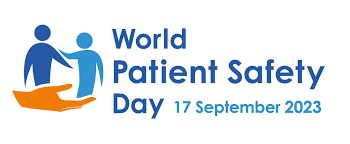
World Patient Safety Day – Sunday 17th September 2023
World Patient Safety Day this year is focussed on the importance of engaging patients for patient safety. This is in recognition of the essential role that patients, families and caregivers can play by becoming active members of the health care team. When engaged and treated as partners in care, significant gains are made in safety and health outcomes, and there are improvements in patient satisfaction and the functioning of the health care system as a whole.
Read more
-
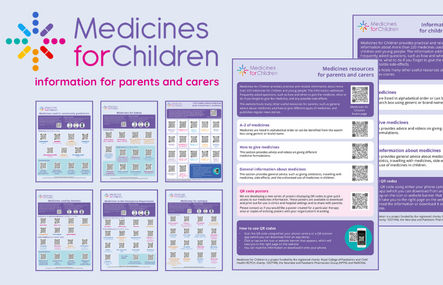
Medicines QR code posters update
Since launching our first QR code posters at the end of 2022, they have grown in popularity and have led to many requests for more to be developed. These posters enable quick access to our medicines information and are available to download and print out for parents and carers to use in clinic or hospital settings.
Read more
-

Safety alert about rare but serious side-effects with hyoscine patches
If your child needs hyoscine patches - brand name Scopoderm - a warning has been issued that young children may have an increased risk of some rare side-effects. It is important that parents are aware of these side effects.
Read more
-

Supporting conversations about medicines with healthcare professionals
We have developed a new resource for parents and carers to aid meaningful conversations with healthcare professionals about your child's medicines. Our new help sheet suggests questions that you might want to ask at your next appointment.
Read more
-
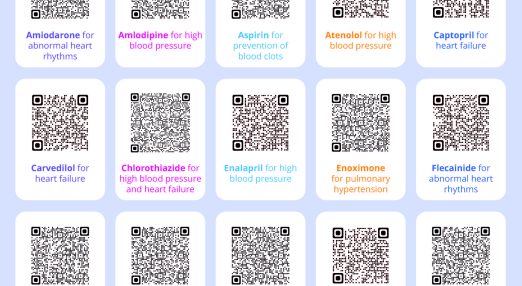
QR-code poster published for medicines to treat heart conditions
The Medicines for Children team have developed a new QR code poster for medicines used to treat heart conditions. This poster is made in collaboration with the East Midlands Congenital Heart Network, supported by funding from the Edith Florence Spencer Memorial Trust.
Read more
-

A new podcast in support of ‘Purple Day’
The Medicines for Children team have produced a podcast about a young person’s experience of living with epilepsy. In this 30 minute podcast, Fiona – a young person with epilepsy – and her mum, Karen, share their family's experience of living with epilepsy. This podcast is being released on ‘Purple Day’ - an international day dedicated to increasing awareness about epilepsy worldwide. We hope this podcast will be helpful for families living with epilepsy or for those who are adjusting to a new diagnosis.
Read more
-

Effervescent phosphate and calcium tablets – new information for parents and carers
Medicines for Children has published new information to help parents and carers when giving phosphate and calcium supplements to their children using effervescent tablets. Children and babies may need to be given extra phosphate or calcium for many different reasons and this information explains step-by-step how to make up the mixture and how to give the right amount to your child.
Read more
-

Asthma article 5: Make sure you’re not running on empty!
How do you know when asthma inhalers are empty? Some inhalers contain a propellant gas to deliver the asthma medicine into the lungs in a fine mist. However these inhalers can run out of medicine before the gas runs out. The inhaler will still look and sound like it is working, but you cannot tell if contains medicine or is just the delivery gas. As it is so difficult to tell whether an inhaler is empty, it is important to keep track of how much of the medicine your child uses, so that there is no risk of them running out.
Read more
-
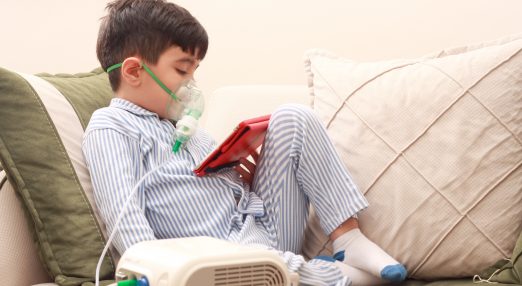
Asthma article 4: Warning against buying a nebuliser
The MHRA (Medicines and Healthcare products Regulatory Agency), which is responsible for the safety of medicines in the UK, has recently warned that parents should not buy their child a nebuliser to use at home. A child should only use a nebuliser if one has been prescribed by their asthma nurse or doctor.
Read more
-
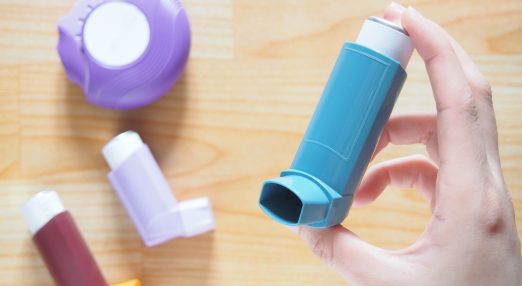
Asthma article 3: Better asthma control = reduced environmental impact
Some types of inhalers have a bigger impact on the environment than others. However, the most important thing is that your child's asthma is kept under control by using the inhaler that works best for them. Better controlled asthma will improve your child's quality of life, but will also help to reduce the environmental impact. If their symptoms are well managed, they will need to use their reliever inhaler less frequently .
Read more
-
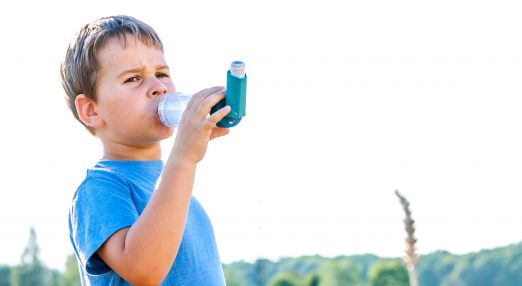
Asthma article 2: Disposing of asthma inhalers to reduce their environmental impact
Inhalers used for asthma usually contain gas (called propellant) which is needed to carry the medicine into the lungs in a fine spray. This gas can contribute to global warming. You can help reduce the environmental impact of inhalers by taking old inhalers to your local pharmacy to dispose of properly.
Read more
